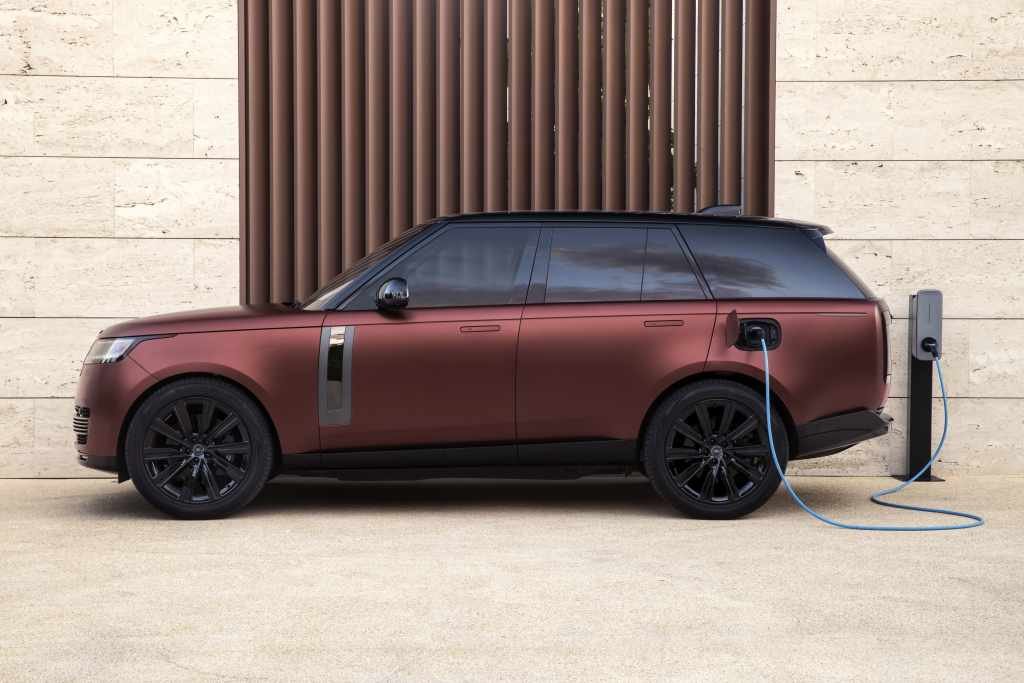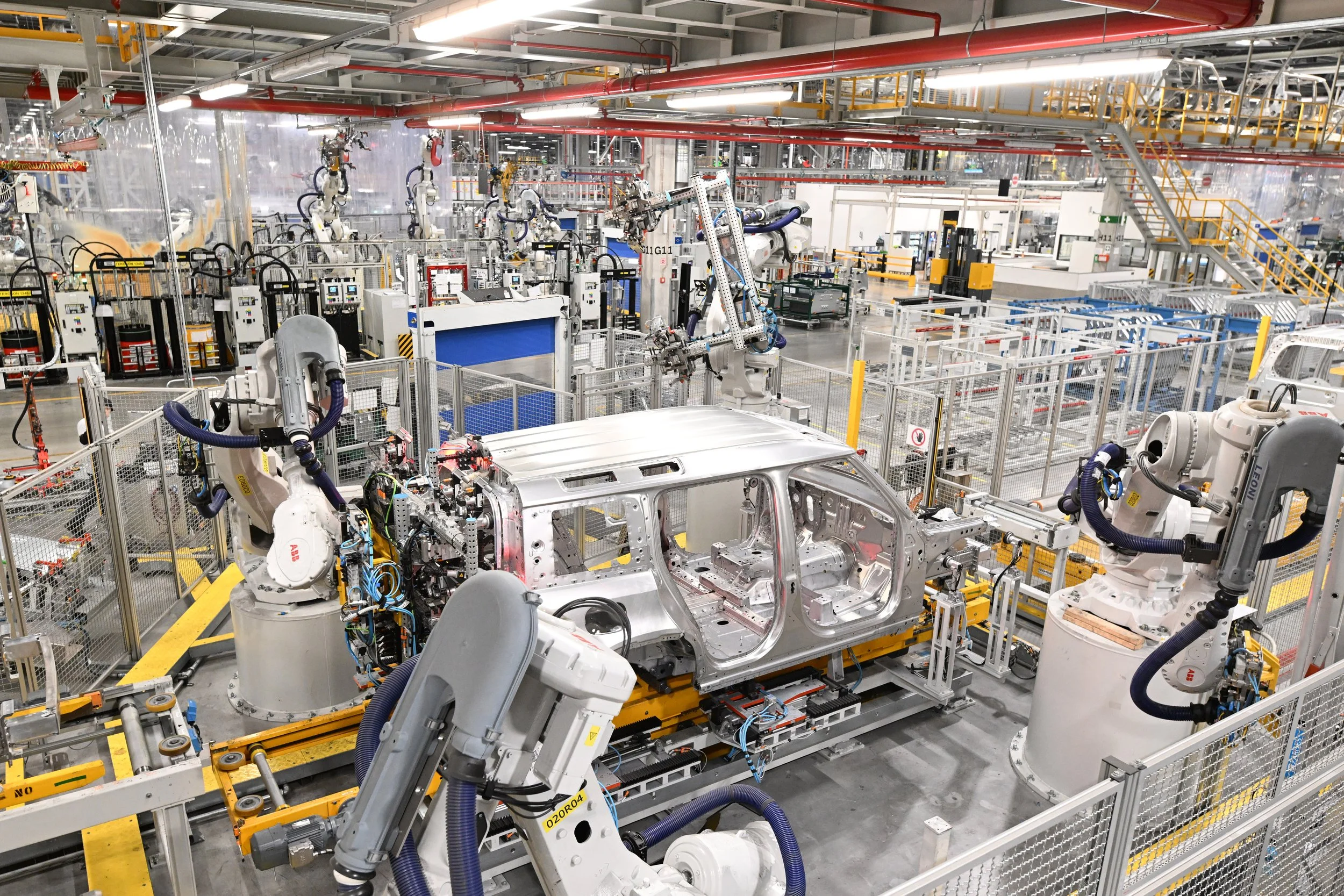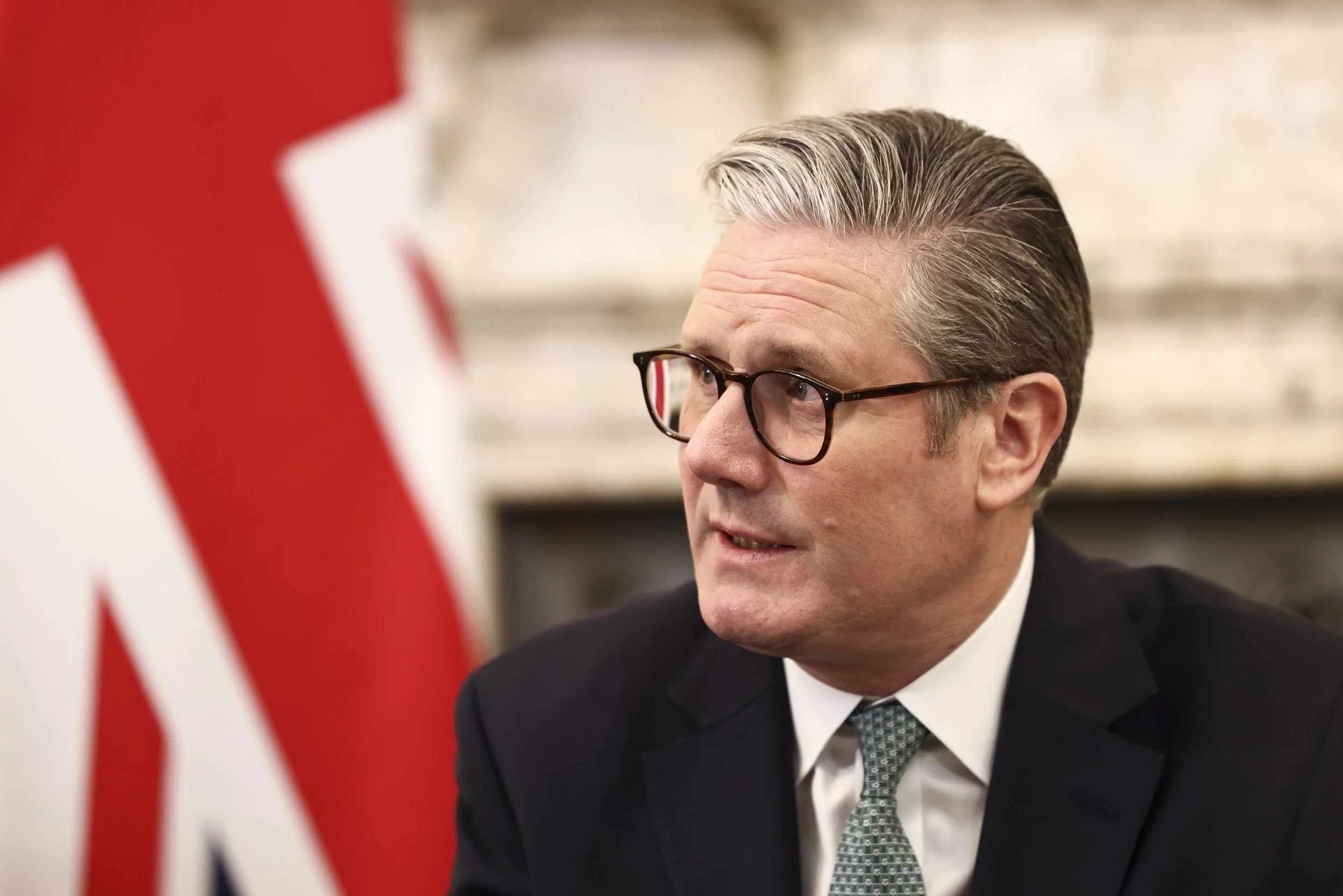Jaguar Land Rover pauses shipments to US following Trump’s tariffs
Company to consider next steps after 25% tariff imposed on imports to the US
Jaguar Land Rover (JLR) will pause exports from the UK to the US after Donald Trump’s import tariff announcement.
All foreign car and light truck imports to the US were hit with a 25% tariff, which came into effect on April 3rd. Import taxes on auto parts are due to follow next month.
A spokesperson for the company behind the Jaguar, Land Rover and Range Rover brands said in a statement this weekend: "The USA is an important market for JLR's luxury brands.
"As we work to address the new trading terms with our business partners, we are taking some short-term actions including a shipment pause in April, as we develop our mid- to longer-term plans."
More cars are exported to the US from the UK than any other goods. According to the UK Trade Department, £8.3 billion worth of trade was done in a 12-month period up to the end of Q3 in 2024.
JLR sells 400,000 models annually, with exports to the US accounting for nearly a quarter of those sales. Around 38,000 vehicles were exported from the UK to the US in the third quarter of 2024 alone. The British company, owned by Tata Motors, accounts for an eighth of the UK’s exports in the car industry and employs 200,000 people in manufacturing.
According to a report in The Sunday Times, JLR is said to have a couple of months’ supply of cars currently in the US. These won’t be subject to the new tariffs, although shipping new vehicles across the Atlantic usually takes around three weeks.
Exports to the US are expected to fall and according to The Institute for Public Policy Research (IPPR) thinktank, more than 25,000 direct jobs in the car manufacturing industry could be at risk. The Society of Motor Manufacturers and Traders (SMMT) show that the US is the second biggest importer of British-made cars after the European Union
The impact is also being felt by other car manufacturers around the world. In response to the tariffs, the financial newspaper Nikkei has reported that Nissan is considering moving some of its production from Japan to the US by this summer, while Stellantis has said it will temporarily shut down its assembly plant in Canada next week.
What next?
The possibility of tariffs on US imports has been mooted since Trump took office in January. Speaking in late March, Mike Hawes, SMMT Chief Executive, said, “[The] announcement by President Trump is not surprising but, nevertheless, disappointing if, as seems likely, additional tariffs are to apply to UK made cars. The UK and US auto industries have a long-standing and productive relationship, with US consumers enjoying vehicles built in Britain by some iconic brands, while thousands of UK motorists buy cars made in America.
Rather than imposing additional tariffs, we should explore ways in which opportunities for both British and American manufacturers can be created as part of a mutually beneficial relationship, benefitting consumers and creating jobs and growth across the Atlantic. The industry urges both sides to come together immediately and strike a deal that works for all.”
“The era of globalisation has ended”
Writing in The Sunday Telegraph in response to the tariffs, Prime Minister Kier Starmer said, “The world as we knew it has gone”, while Treasury Secretary Darren Jones claimed, “The era of globalisation has ended.”
Starmer is said to be interested in striking a deal with Washington, although he has also suggested the government could step in to protect British interests.
This is largely the case for the rest of the world, and according to reports on Sunday, more than 50 countries have now contacted the US in a bid to negotiate.
words: Mike Booth
pictures: JLR & Number 10




